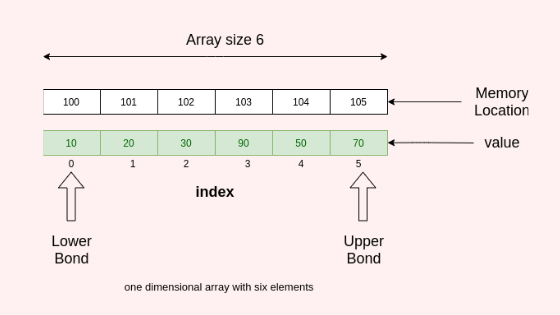Fundamental Rights
The fundamental rights in the Indian Constitution, 1949, are found in Part III, spanning from Article 12 to Article 35. These rights were inspired by the United States and are often referred to as the ‘Magna Carta of India’. Fundamental Rights are available to all individuals without discrimination, as assured by the Constitution, which is the core law of the country.
Originally, the right to property was also considered a Fundamental Right. However, the 44th Amendment in 1978 changed the status of property rights by stating that ‘No person shall be deprived of his or her property save by authority of law’.
The Fundamental Rights are outlined below:
Right to Equality
- Article 14: Equality before the law and equal protection under the law.
- Article 15: Prohibition of discrimination based on religion, race, caste, sex, or place of birth.
- Article 16: Equality of opportunity in public employment.
- Article 17: Abolition of untouchability.
- Article 18: Abolition of titles, except for military and academic distinctions.
Right to Freedom
- Article 19: Guarantees six fundamental freedoms to Indian citizens.
- Freedom of speech and expression.
- Freedom of assembly.
- Freedom to form associations.
- Freedom of movement.
- Freedom of residence and settlement.
- Freedom of profession, occupation, trade, and business.
- Article 20: Protection against conviction for offenses.
- Article 21: Protection of life and personal liberty.
- Article 22: Protection against arrest and detention in certain cases.
Right against Exploitation
- Article 23: Prohibition of trafficking of human beings.
- Article 24: Prohibition of employing children below the age of 14.
Right to Freedom of Religion
- Article 25: Freedom of conscience and the right to profess, practice, and propagate religion.
- Article 26: Freedom to manage religious affairs.
- Article 27: Prohibition of taxes on religious grounds.
- Article 28: Freedom as to attendance at religious ceremonies in certain educational institutions.
Cultural and Educational Rights
- Article 29: Protection of interests of minorities.
- Article 30: Right of minorities to establish and administer educational institutions.
- Article 31: Omitted by the 44th Amendment Act.
Right to Constitutional Remedies
- Article 32: The right to approach the Supreme Court in case of rights violation (referred to as the heart and soul of the constitution by Dr. B. R. Ambedkar).
Note: The Aligarh Muslim University and Jamia Millia Islamia are not considered minority institutions as they were established by acts of Parliament, as per the government’s declaration in January 2016.




Thanks for the fantastic information…